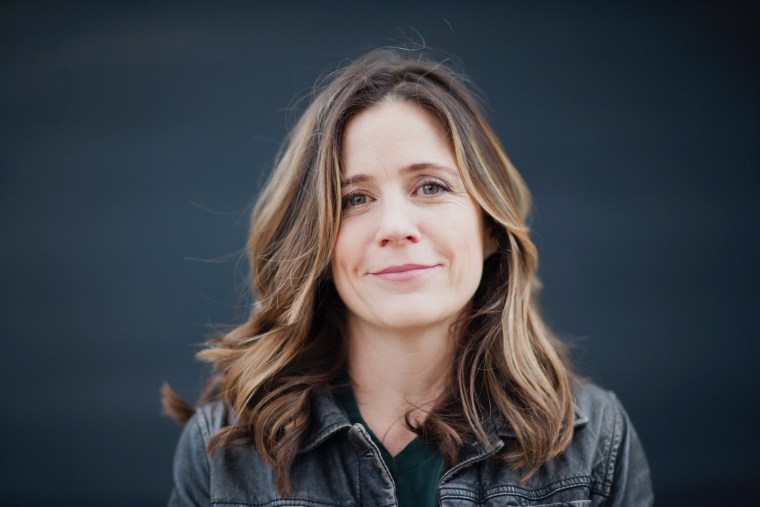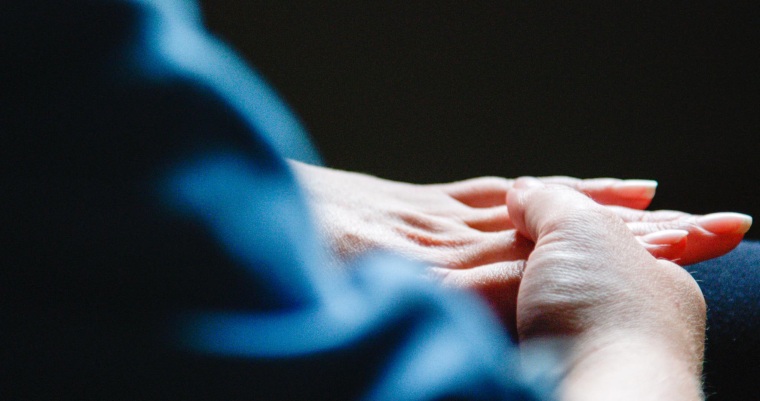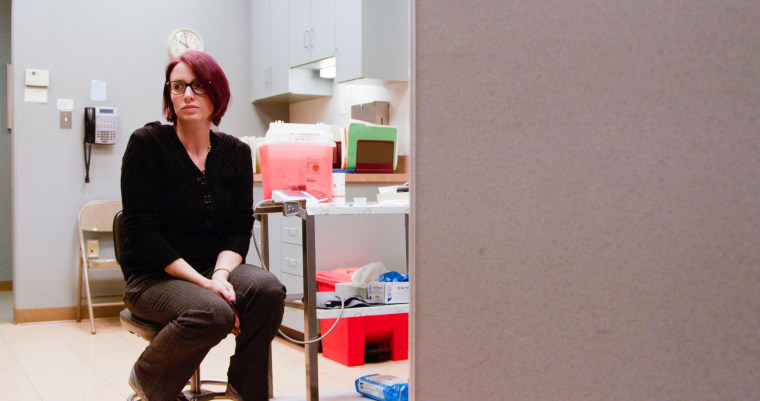Here’s a stat that often surprises people: Abortion, far from being a niche concern, is incredibly common in the United States. At the most recent measured rates, about three in 10 women will have one by the age of 45.
Yet few women tell their abortion stories publicly, citing fear of judgment. Advocates for abortion rights have been determinedly chipping away at that stigma with storytelling programs including the 1 in 3 Campaign, the Sea Change Program and the newly launched We Testify.
"Abortion: Stories Women Tell," a new documentary from HBO Documentary Films opening in select theaters August 12, seems to work in that same spirit, eschewing a single narrative in favor of a cacophony of voices. The film centers on Missouri and the Illinois clinic workers just across the border, but its real driver is the dozens of women who speak in their own voices. Most of them chose abortion for reasons they explain themselves; some chose adoption or to raise their children. The filmmakers are also inviting women to share their stories at storieswomentell.com. NBC News spoke with filmmaker Tracy Droz Tragos; what follows is a condensed version of the conversation.

You’ve said you came to this topic as an outsider. What did you learn about it?
I don’t think I had a full appreciation for the shame and stigma that women feel, particularly in Missouri. It’s not just that they’re facing these legal restrictions to access, but that they’re also facing cultural and societal shame and stigma for being pregnant in the first place, having an unplanned pregnancy. The thing that many of these women had in common, no matter what their choice was…was this feeling of shame and stigma and being isolated and not being able to talk about it.
Can you talk about your choice to feature many women telling their stories?
Without [HBO Documentary Films’] Sheila Nevins and Sara Bernstein behind me, I would not have had the courage to take on such a divisive subject. We talked about the power of the cumulative effect of having more than a handful of voices. We concluded that, with a few stories, the film could be more easily dismissed. The more stories that we could include, the better… We interviewed a total of 80 women.
We’ve heard from politicians already, and we know a lot of those talking points. But we don’t hear from the voices that really, really need to be elevated — the voices of patients.
You talk about the stigma and shame. What was it like to get patients to tell stories on camera?
Not all the women I approached could. They feared stigma from their family and their workplace. They might have been grateful the film was being made but couldn’t come forward.
The ones who did, it was to give themselves a voice. They felt wrongly shamed and judged and wanted to say, 'This is who I am. I’m a good person, I’m not a bad person, I’m a mother, I have two jobs, I’m trying to make ends meet, this is the best decision for me and my family'…There was a very generous spirit of wanting to speak out so other women wouldn’t feel so alone and so judged.

What was behind the decision to include women who didn’t have abortions?
When faced with an unplanned pregnancy, women at this point basically have three options. They can terminate the pregnancy, they can place their baby for adoption or they can go through with being a parent when they haven’t planned on that. [Adoption] is seen as something like, ‘Oh, just place your child for adoption, that’s easy.' Or, ‘You’ll love being a parent, even if you didn’t intend on it.’ And I think that serves to diminish the impact of what we’re asking of women to do.
Every woman, no matter what her choice, would benefit from a lot more support and lifting up rather than judgment and scorn.
What were your interactions like with the anti-abortion activists?
I made it clear that I didn’t want to demonize them. I wanted to talk from a personal place. I did not want the stump speech. At a certain point I appealed to them just on a human level. I think they understood that and appreciated it.
You filmed mostly in Missouri, which had just passed a 72-hour waiting period for abortion. How did that policy affect the women you spoke to?
Patients certainly are impacted by their only being one clinic in Missouri, but they might not know the nuances of why there’s only one clinic and that it’s due to, for example, an admitting privileges requirement [for abortion providers at a local hospital]. Patients are directly affected when they’re told, ‘You have to wait, You may have made the decision you think it’s best for you, but sorry, you can’t go through with it, you have to wait.’
For some them, they weren’t even aware until they were faced with their pregnancy that this law had been passed. They were angry and upset and in some measure humiliated that this law was in place.

What impact do you think June’s Supreme Court ruling in Whole Woman’s Health v. Hellerstedt will have?
I hope will have a deep impact on the state level. But the truth is, that happened in June and here we are two months later, and there’s still one abortion provider in Missouri and a 72-hour waiting period. There’s a process that needs to happen that these laws that are on the books need to be challenged. And yet there are women who every day are seeking abortion care. It’s not an overnight victory. The work is not done. It’s not all okay.
Say you could show this to the presidential candidates. What would you want them to take away from the film?
I have a feeling if I could show this to any of them, I'd want to show it to Donald Trump. I might want to warm his heart.